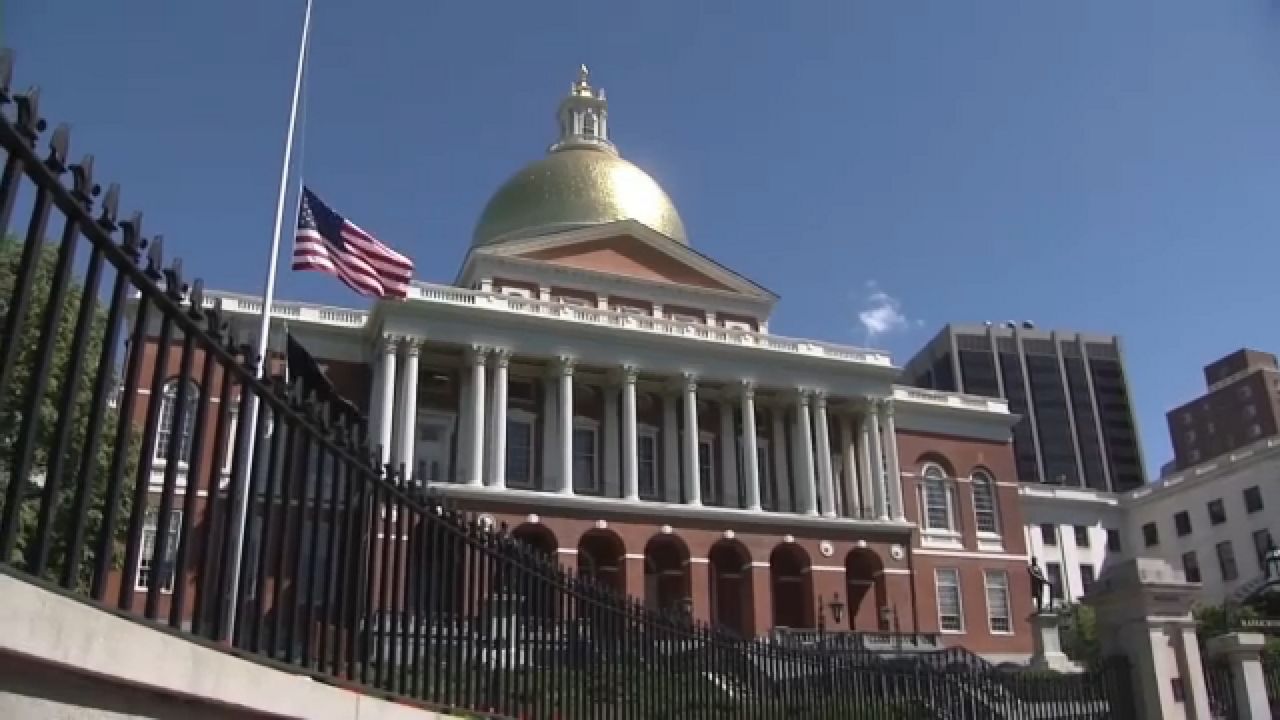What is Question 1 on the general election ballot?
Question 1 will be written on the general ballot as, “Do you approve of the adoption of an amendment to the constitution summarized below, which was approved by the General Court in joint sessions of the two houses...”
Known as the “Fair Share Tax” or the “Millionaires’ Tax”, the proposed constitutional amendment would establish an additional 4% state income tax on annual taxable income in excess of $1 million. Revenues raised would fund public education, public colleges and universities and the repair and maintenance of roads, bridges, and public transportation. The proposed amendment would apply to tax years beginning on or after January 1, 2023.
What does a “yes” vote mean?
Voting “yes” would amend the state constitution to include the additional 4% tax on incomes over $1 million, with the funds to be used on public education and transportation.
What does a “no” vote mean?
Voting “no” would make no change in the state constitution or state income tax rate.
What are supporters saying?
Supporters, like State Rep. James O'Day (D-Worcester), say that public schools and transportation lack financial resources, and that the money generated by tax increase is needed to effectively maintain infrastructure.
“What the Fair Share Amendment does, is that it allows us to make sure that we continue to support our schools and our children and our infrastructure,” O’Day said during an interview. “This is something that will be there this year, next year, the following year, and the year after, so those are resources that we can finally rely on so that we can have buildings that are not falling down or schools that need to be refurbished or replaced.”
What are opponents saying?
Opponents of the proposed amendment, such as State Rep. Paul Frost (R-Worcester), are concerned that the increased tax will not generate the revenue that is anticipated and may have a negative effect on the state economy.
“I think this is a tax that will come back to haunt us,” Frost said to Spectrum News. “I do not think that the revenues that they think they are going to get will be realized. I think it is taxing a population who are able to move and leave and take their businesses with them. I think it will hurt charitable giving among those who can afford to give more.”
Frost also voiced his concern about the state’s history of broken promises and worries that the funds may not ultimately make it into education and transportation projects.
“It will be a shell game,” Frost said. “‘We took the money we got from the so-called ‘Millionaire’s Tax,’ and we did put it towards education and transportation, but all the money we were investing anyway prior to that, we’re going to move around or put elsewhere or just cut.’ So that is my concern.”
How did we get here?
In 2019 and again in 2021, the state legislature, in joint sessions of the two houses, voted in favor of the amendment. The approval led to the tax proposal being added to the ballot.
In 2018, the proposed amendment almost made it in front of Massachusetts voters, but the Massachusetts Supreme Judicial Court ruled that the measure did not meet constitutional requirements.



